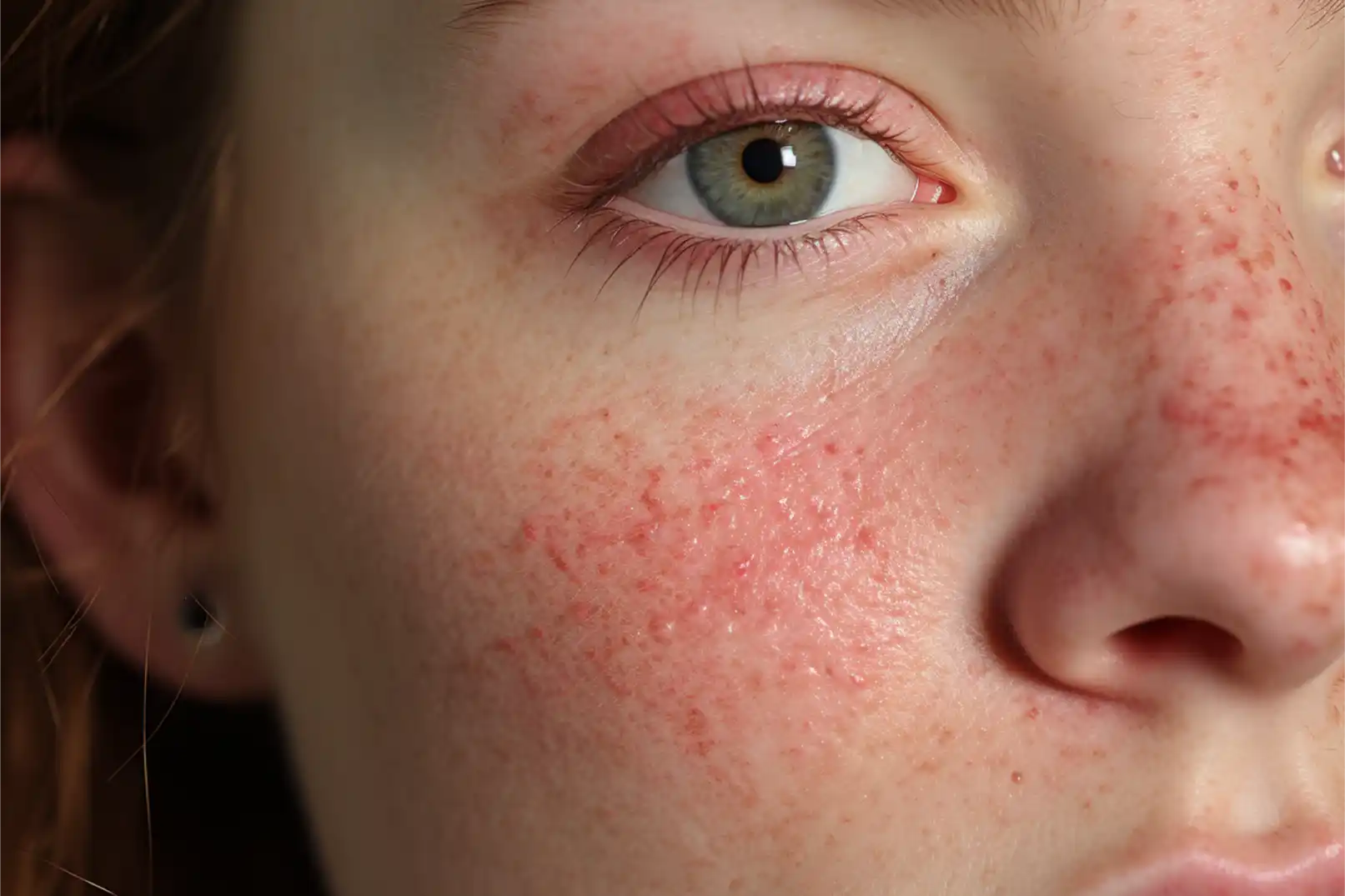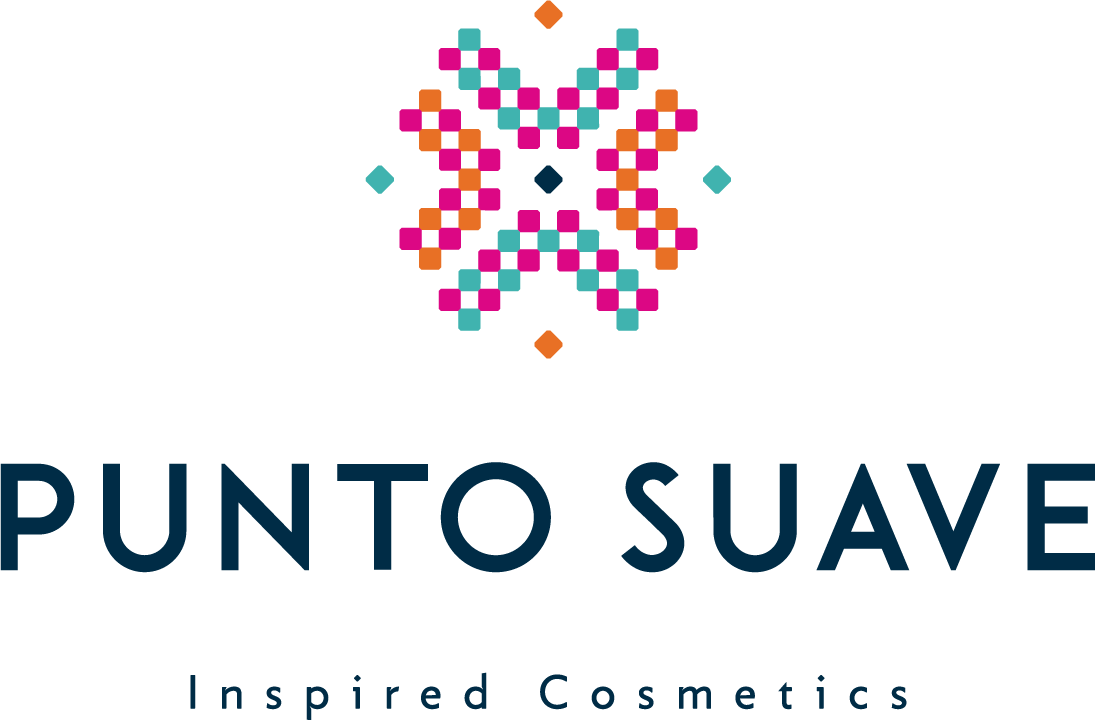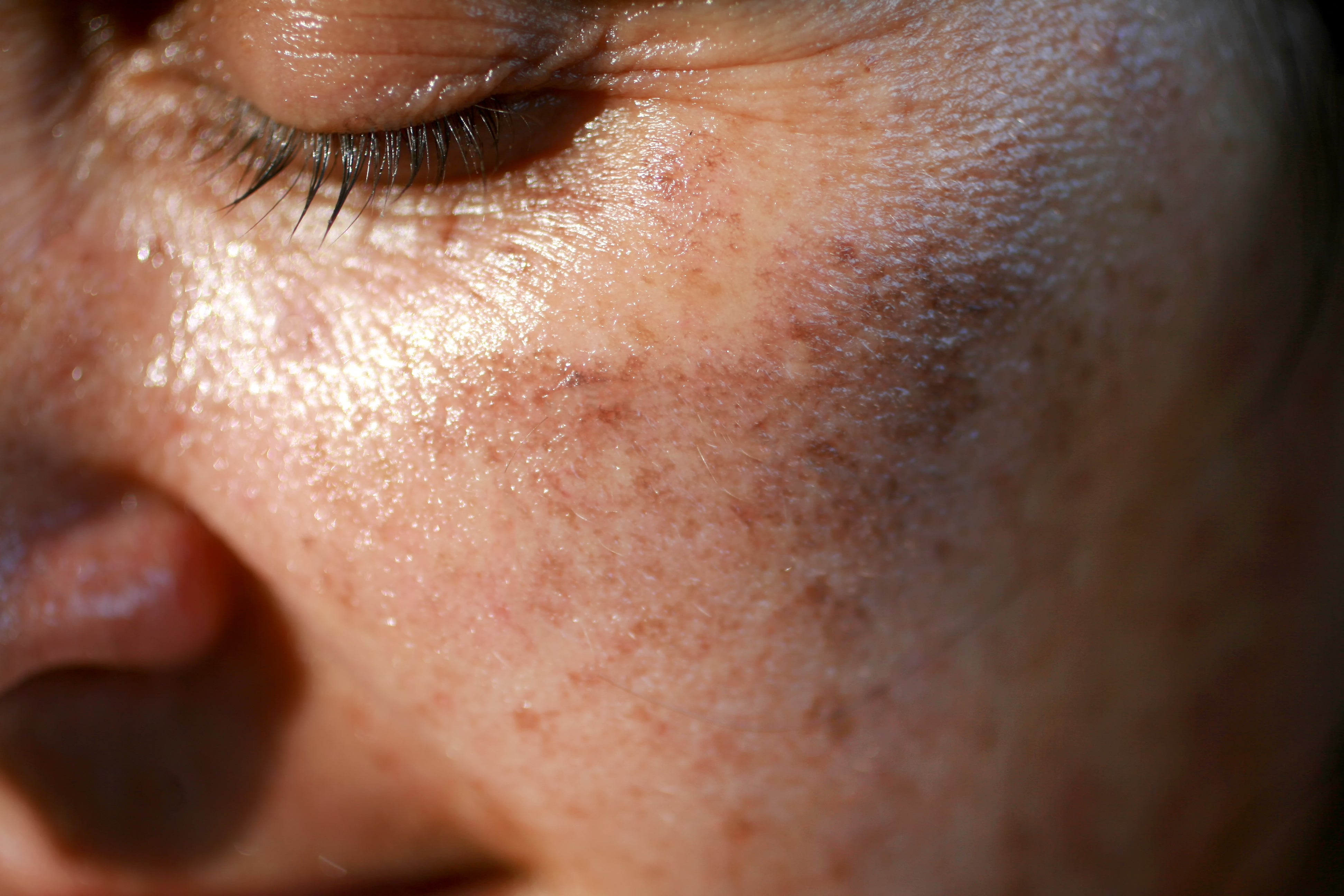
Rosacea vs Eczema: Understanding the Differences

We all love a little blush on our face, it contours our features and adds a healthy glow to our cheeks. Sometimes though, the red we see is not intentional and is rather irritating. But what is this mysterious appearance on our face? Could it be an allergic reaction? Rosacea? Eczema? What do these words even mean? In this article we’ll explore the symptoms, causes, treatments and differences between these conditions to help you restore your skin to that beautiful natural healthy glow.
What are Rosacea and Eczema?
Rosacea and eczema are two skin conditions that are often confused due to their similarities. These similarities include symptoms such as redness, bumps, and a lot of itch. They also have some similar causes and treatments, but with some notable differences in many respects that target how these conditions can be treated differently and more effectively.
Rosacea
Rosacea is a common chronic skin condition that causes visible blood vessels in the face. It manifests as redness and swelling in the central areas of the face, including the forehead and cheeks. People with rosacea often have sensitive skin that reacts negatively to harsh anti-aging products, and the presence of broken capillaries contributes to a distinctive "flushed” complexion.
Symptoms of rosacea tend to fluctuate, with periods of remission followed by flare-ups typically confined to the face or neck. It’s mainly characterized by visible blood vessels, but rosacea may also lead to the formation of small red bumps or pustules and thickened skin. Although itching is not a typical symptom, some people may experience mild discomfort or a burning sensation in the affected areas.

Eczema
Eczema on the other hand is a chronic inflammatory condition that causes dry, itchy skin. Unlike Rosacea, eczema can occur anywhere on the body and usually looks like patches of scaly skin. Eczema stems from several issues which stop the skin from maintaining a protective top layer barrier.
It may also be a seasonal problem, with many experiencing flare-ups during the fall and winter when the skin barrier tends to dry out and becomes more sensitive to allergens. A flare-up usually kicks off with skin itching. Scratching it can result in red, scaly rashes that might even develop into blisters.

Symptoms of Eczema and Rosacea
|
Symptom |
Eczema |
Rosacea |
|
redness |
X |
X |
|
dry skin |
X |
|
|
itching |
X |
X |
|
changes in skin pigmentation |
X |
X |
|
raised bumps on the skin (papules) |
X |
X |
|
blistering |
X |
|
|
flushing |
X |
|
|
pus-filled bumps (pustules) |
X |
|
|
scaly patches of skin |
X |
|
|
visible blood vessels |
X |
|
|
thickening of skin |
X |
X |
Causes
Rosacea
The precise causes of rosacea remain unclear to scientists, but research indicates that the condition arises from an overreaction of the immune system to various triggers. These triggers include ultraviolet radiation, microbes, extreme temperatures, stress, hormonal changes, spicy foods, and alcohol, among others. Individuals with rosacea experience their skin reacting to these factors by releasing different immune cells, leading to inflammation that potentially contributes to the symptoms listed above.
Eczema
The exact causes of follicular eczema remain unknown to researchers, but studies suggest that a combination of factors may contribute to its development. These factors encompass certain genetic mutations, immune system responses to external triggers leading to inflammation, and insufficient production of skin barrier proteins. Eczema symptoms may worsen during a flare-up, commonly sparked by external factors. Some may also experience eczema flare-ups without an apparent cause.
How to treat Eczema and Rosacea
Treating Rosacea
Although Rosacea is not curable, there are several treatment options for all types of skin that can help people manage the symptoms.
Avoiding triggers
Knowing what elements cause flare-ups in your skin is the first line of defense against Rosacea. Some of the most common triggers include:
- Emotional stress.
- Exercise.
- Some cosmetic, skin, and hair care products.
- Drugs that dilate blood vessels, including some blood pressure medicines.
- Sun or wind exposure.
- Hot drinks.
- Spicy foods.
- Alcohol consumption.
- Extreme temperatures, both hot and cold.
Our supplementary suggestion: the Elysian dermo-regenerating cream
Having a daily skincare routine is very beneficial to treating the symptoms of Rosacea. This includes protecting your skin from the sun, avoiding harsh skincare products, and not rubbing your face too vigorously. As a supplementary treatment, we suggest incorporating Punto Suave's elysian dermo-regenerating cream into your routine. Enriched with potent ingredients like Tocopherol (Vitamin E) and stem cells known for their anti-inflammatory properties, this cream aims to alleviate redness. Additionally, the inclusion of 100% natural rosehip makes it particularly suitable for sensitive skin types, contributing to notable improvements in Rosacea symptoms.

Medication
Your doctor may prescribe topical medications that reduce redness, skin bumps or pimples. For more serious cases of rosacea, oral antibiotic pills are available that may help clear up the bumps of rosacea.
Laser Treatment
Laser treatment is a potential solution for improving the appearance of enlarged blood vessels and addressing the persistent redness in rosacea. It tends to work better than creams or pills, especially on untanned skin. Before opting for laser treatment, discuss the potential risks and benefits with your doctor. Common side effects include temporary redness, bruising, and mild swelling, with rare instances of blistering and scarring. Adequate skin care and icing can help in the healing process. However, on brown or Black skin, laser treatment may lead to long-term or permanent changes in skin color. The full impact of the treatment may take weeks to become apparent, and multiple sessions might be necessary for continuous improvement.
Treating Eczema
Similarly to rosacea, eczema itself is also an incurable condition. Luckily, through persistent care and nourishing, it can be managed to reduce the chances of flare-ups.
Avoiding Triggers
Identifying and avoiding one’s triggers reduces the probability of flare-ups. Some common triggers are:
- Dust mites
- Specific foods like fish, peanuts, and rice
- High humidity
- Elevated temperatures
- Exposure to certain chemicals
- Soaps
- Fabrics such as acrylic and wool
Daily moisturizing
Consistent use of moisturizing products is a crucial element in managing and preventing eczema flare-ups. It's recommended to apply moisturizers at least twice daily, and ideally more frequently as needed to maintain skin hydration. Apply a suitable moisturizer within three minutes of washing, while the skin is slightly damp, to prevent water loss and lock in moisture. When selecting a moisturizer, opt for one without perfumes, fragrances, or essential oils to avoid irritating sensitive or inflamed skin. Creams may be more effective than lotions, and heavier options like ointments (such as Aquaphor and Vaseline) can effectively seal in moisture and protect the skin. Consider your specific skin condition when choosing a moisturizer; for scaly eczema, choose options suitable for flaking skin, while emollient moisturizers are non-irritating and beneficial during flare-ups. Ceramide moisturizers, though more expensive, can both soothe and potentially expedite healing during a flare-up.

Medication
There are a range of medications available for all levels of eczema. Several ointment and cream options help control itching and repair the top layer of protective skin, which when used in conjunction with daily moisturizing has tremendous benefits. Anti-inflammatory medicine can also be prescribed for more severe eczema in order to control the symptoms.
Conclusion
Differentiating between rosacea and eczema is vital for effective management, considering their shared symptoms but distinct characteristics. Rosacea is marked by visible blood vessels and redness, and demands careful consideration of triggers such as stress and specific environmental factors. Treatment involves protective measures, medication, and laser therapy. In contrast, eczema, a chronic inflammatory condition causing dry and itchy skin, requires a tailored approach including trigger avoidance, daily moisturizing, and medication. While neither condition is curable, informed choices and personalized care can significantly enhance symptom management, offering hope to those navigating the challenges of rosacea and eczema. Open dialogue with healthcare providers remains crucial for developing effective and tailored treatment plans to improve the quality of life for anyone grappling with these skin conditions.




Leave a comment
This site is protected by hCaptcha and the hCaptcha Privacy Policy and Terms of Service apply.